UN expert calls on international community to protect Rohingya population
The UN’s special rapporteur on human rights in Myanmar has called on the international community to stand firm against Myanmar’s military junta and to “do a lot more” to protect the vulnerable Rohingya population in the country’s Rakhine State.
Tom Andrews, the UN special rapporteur on human rights in Myanmar, presented a critical report at a briefing at the UN Headquarters in New York on Tuesday, the eve of the second anniversary of a coup in the country.
He called on the international community to stand firm against military rule, create a coalition of member states to enforce strong, coordinated sanctions, and support the so-called National Unity Government of Myanmar.
Andrews warned that the same forces who committed “those genocidal attacks” are now in control of the country and “their priority is not the human rights of the Rohingya people,” referring to a brutal campaign of genocide against the Rohingya about six years ago.
Rohingya Muslims have suffered decades of violence, discrimination and persecution in Myanmar. Beginning in August 2017, Myanmar’s military launched brutal operations targeting them in the northern Rakhine State. At the time, the junta torched entire villages, killing thousands and forcing more thatn 700,000 people, half of them children, to flee to Bangladesh, where almost one million Rohingya now live in crowded refugee camps.
Andrews added that more than 600,000 Rohingya continued to live in Rakhine State, 130,000 of them in makeshift internment camps, but “even those villages are surrounded.” “The people are prisoners in their own home villages. They have virtually no rights whatsoever,” he said.
New analysis released on the eve of the coup anniversary by Andrews found there had been some 10,000 attacks and armed clashes between the military and opponents since the coup, and violent incidents in at least 78 percent of townships between July and December 2022.
“The unrelenting violence that it unleashed on the people of Myanmar has created widespread human rights, humanitarian, and economic crisis and galvanized nationwide opposition,” the special rapporteur said.
In his report to the Human Rights Council, Andrews described the coup as “illegal” and the military’s claim to be the country’s legitimate government as “illegitimate.” He said a new, coordinated international response to the crisis was “imperative” ahead of the “sham elections” being planned.
Myanmar’s junta last month outlined plans to hold an election later in the year.
He described the situation in Myanmar as “the forgotten war” and accused the international community of failing to address the crisis along with “the junta’s systematic crimes against humanity and war crimes.”
Andrews said UN member states “have an important responsibility and role to play in determining whether Myanmar’s military junta will succeed in achieving its goal of being accepted as legitimate and gaining control of a nation in revolt.”
Myanmar has been in chaos since the military seized control in a coup on February 1, 2021, under the pretext of widespread fraud in the elections in which Suu Kyi’s had party gained a landslide victory. The UN estimates that some 14,000 people have been arrested and at least 2,000 killed in the time span.
Hamas and Islamic Jihad delegations meet in Doha
UN rapporteur: Israel engaged in 'ethnic cleansing' in West Bank
French MPs adopt resolution, calling for seizure of Russian assets
Israel jets bomb Damascus outskirts as tanks advance in Quneitra
UN Security Council meeting on Iran ‘blatant political maneuver’: Envoy
US imposes new sanctions day after Trump's letter delivered to Iran
US activists denounce Trump for using 'Palestinian' as slur
Unilateral sanctions hinder Iranian women’s empowerment, prosperity: Experts


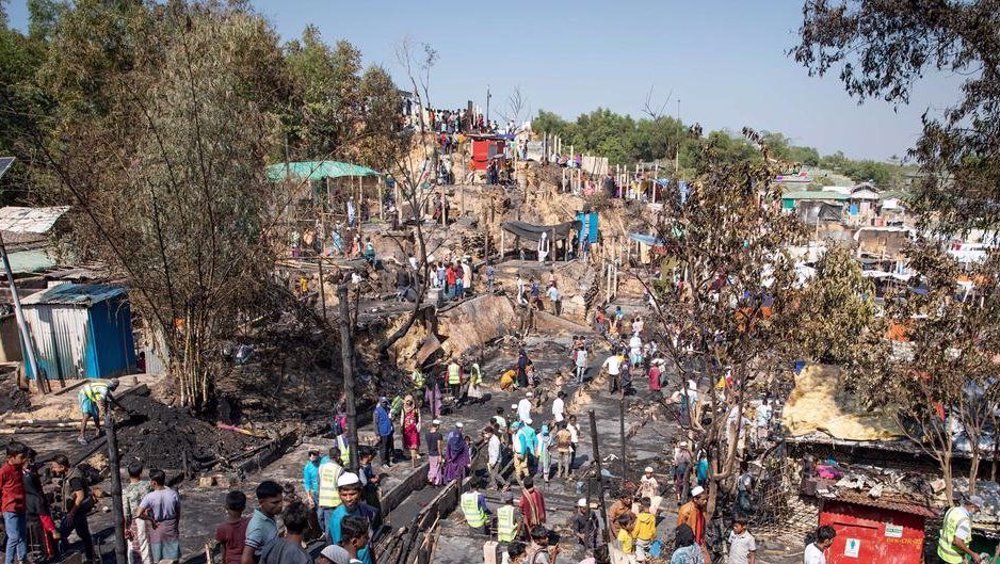
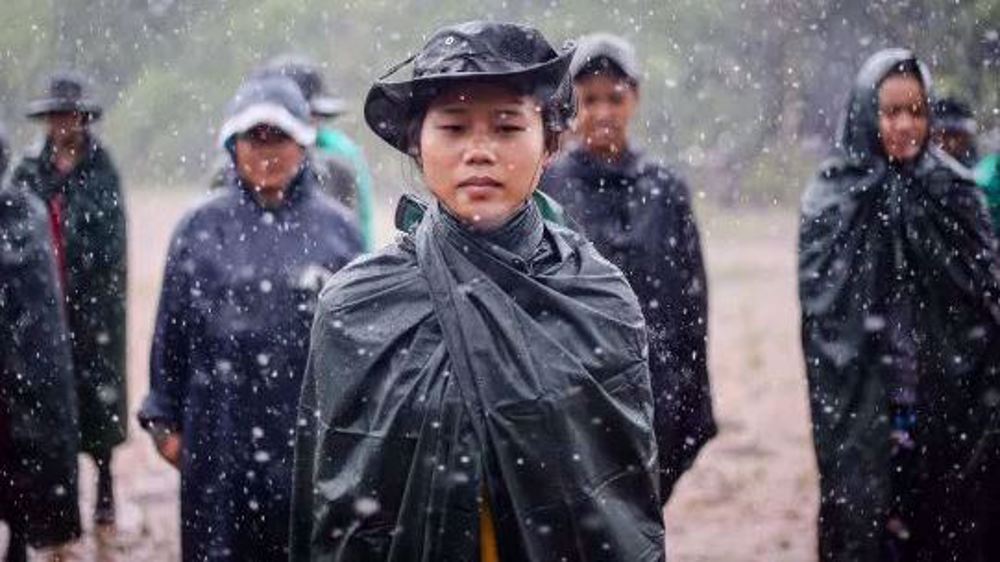
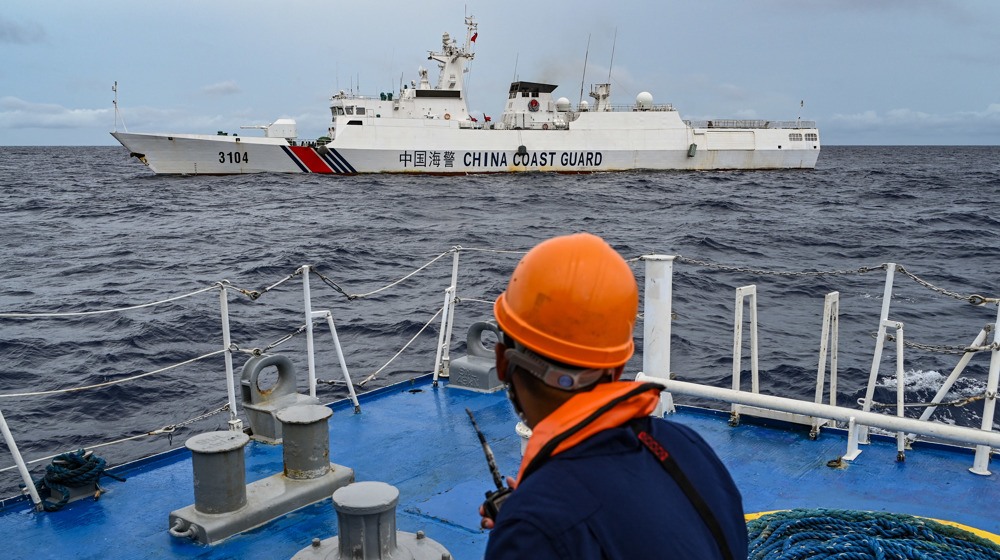
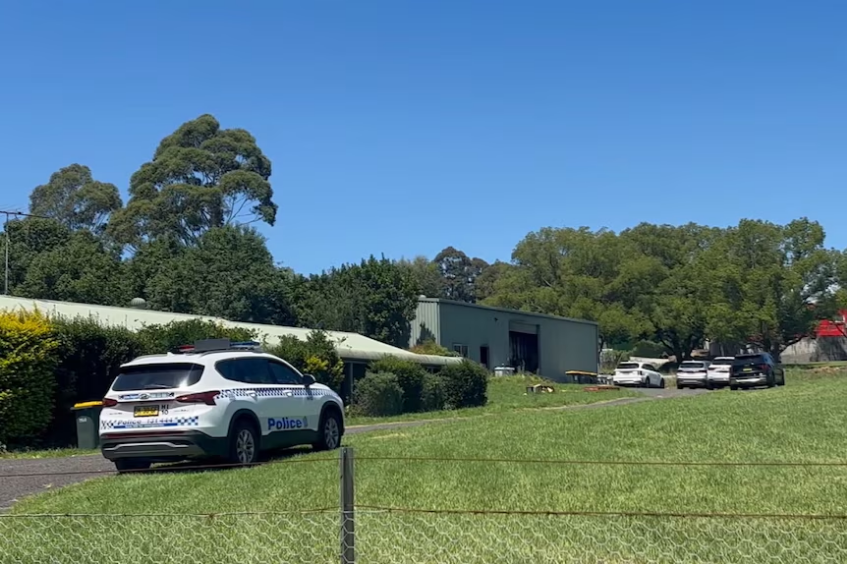
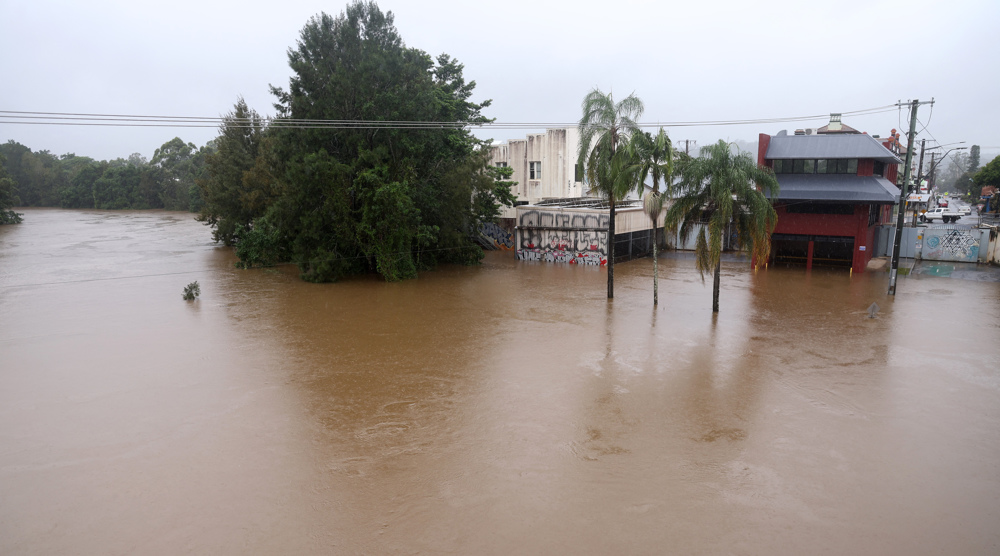



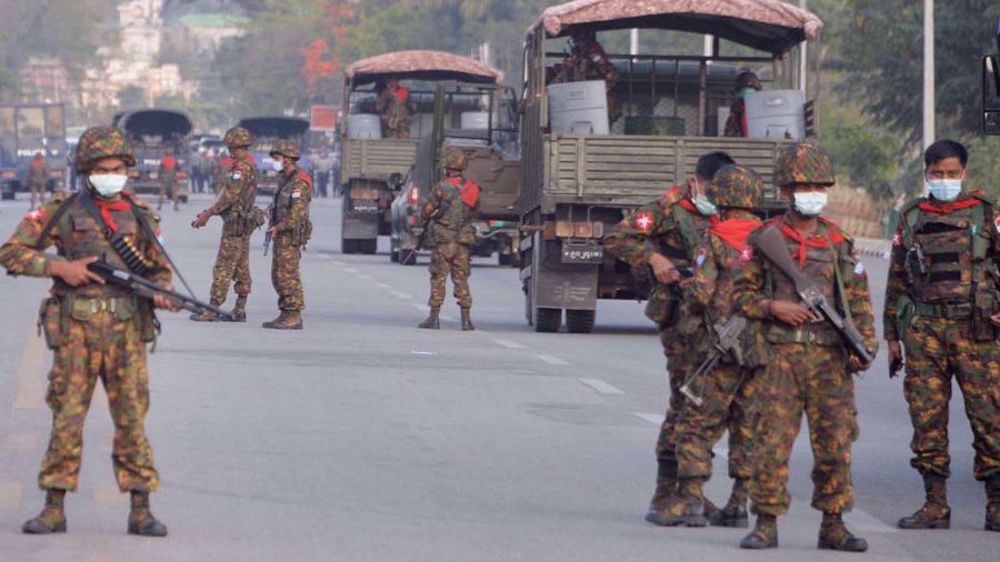
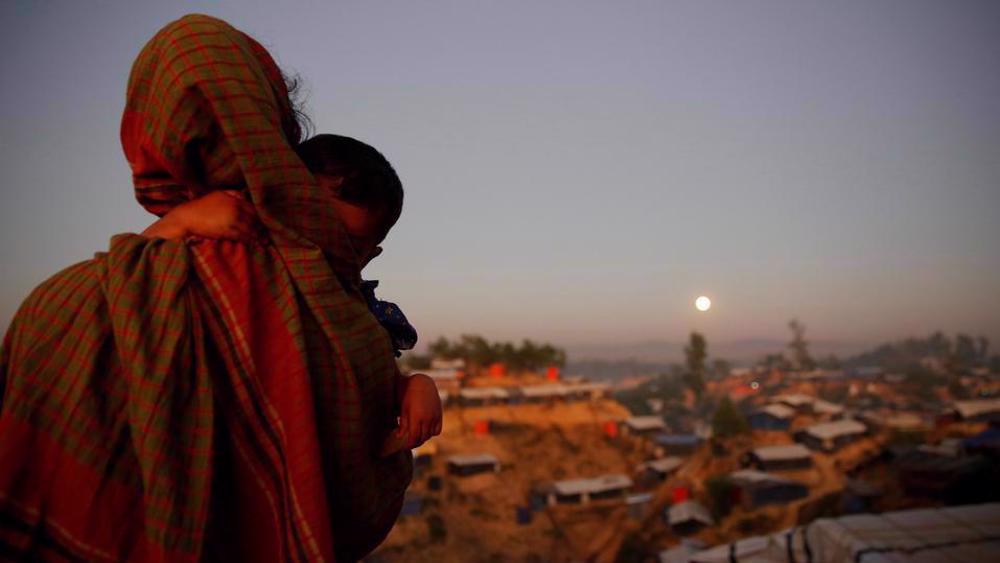
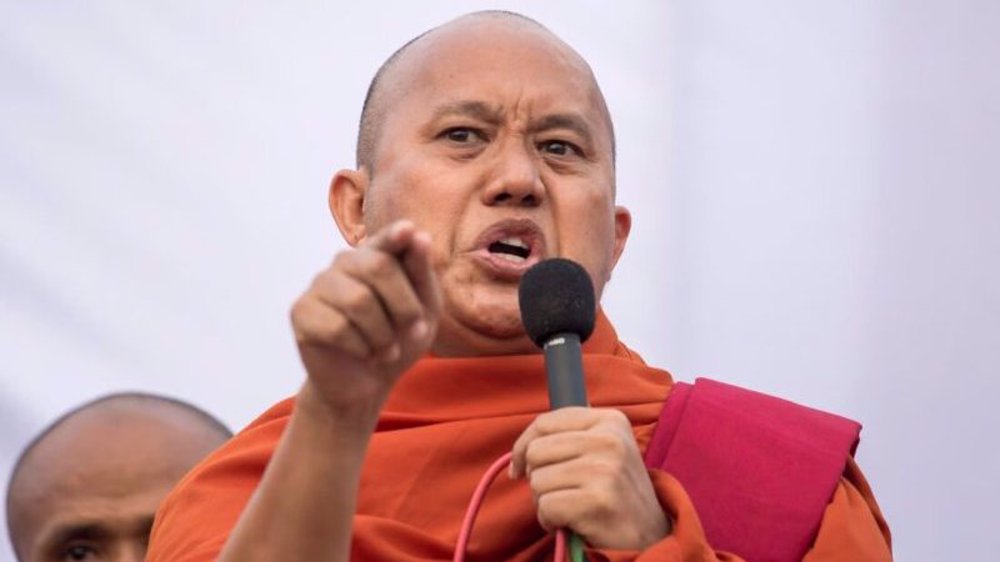
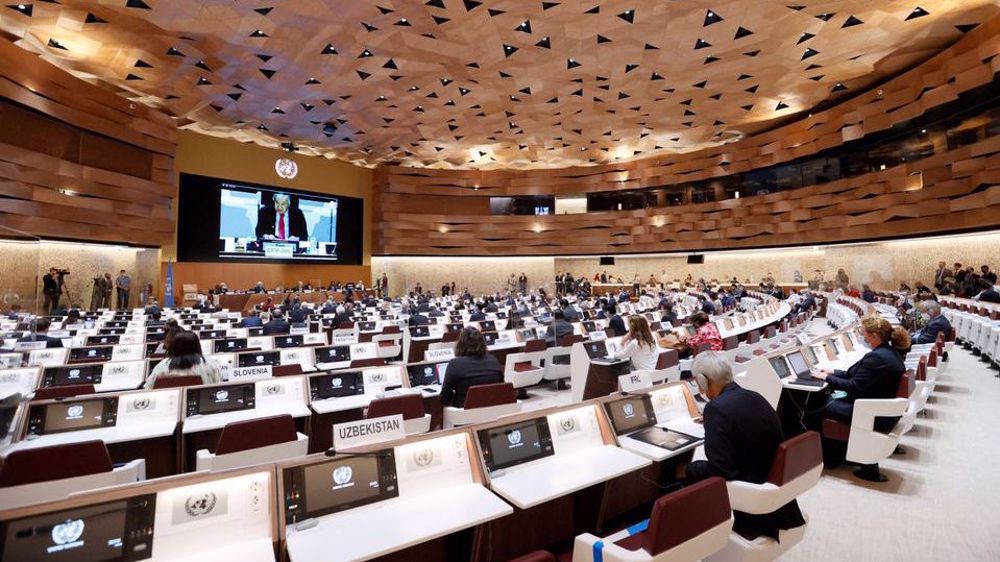
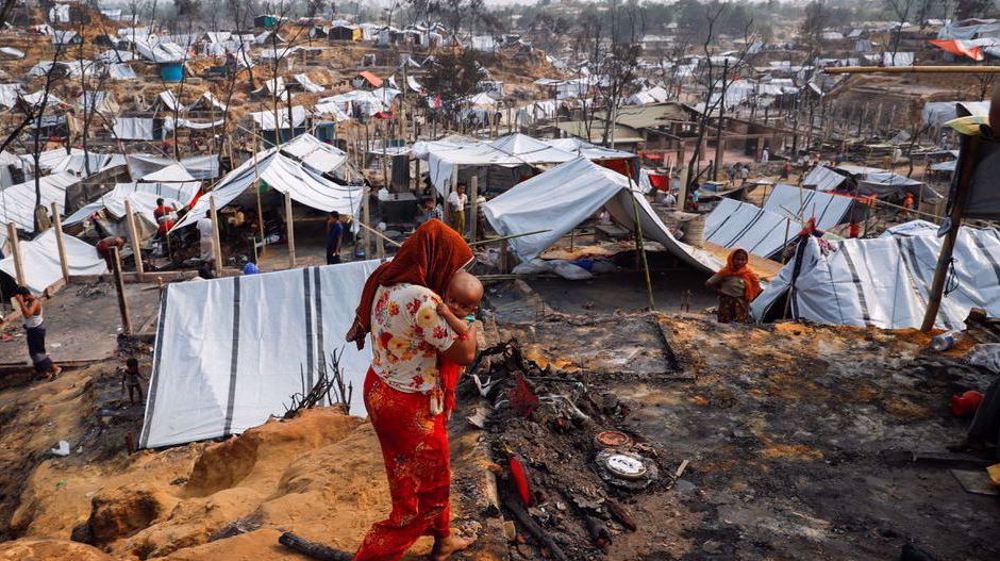

 This makes it easy to access the Press TV website
This makes it easy to access the Press TV website